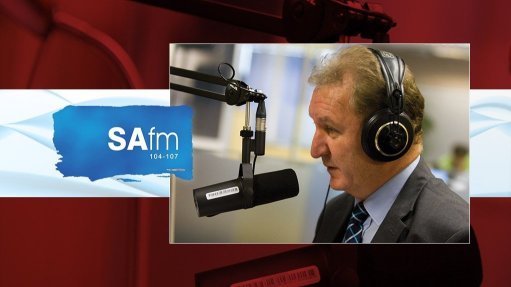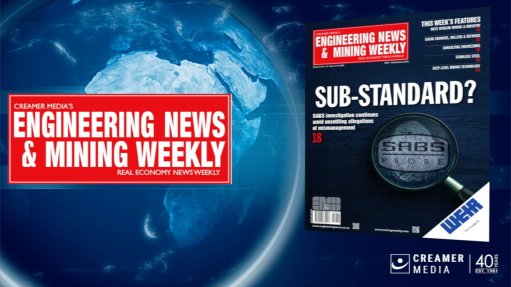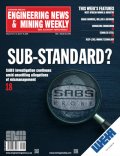New coral species discovered on seabed prized for mining potential
JOHANNESBURG – Three species of black coral have been discovered on the seabed of the northern Pacific Ocean, an area where several countries have contracts to explore for metals including cobalt and nickel as they race to find new supplies of the key battery elements.
The corals were discovered on deep seamounts and ridges in the mineral-rich Prime Crust Zone, which stretches from the Mariana Trench to the Hawaiian islands, according to a paper published in scientific journal Zootaxa on Thursday.
Authors Dennis Opresko of the Smithsonian Institute and Daniel Wagner of Conservation International said they aimed to identify deep-sea habitats in the zone which holds the highest concentrations on Earth of cobalt-rich ferromanganese crusts.
"These long-living corals are much like the redwoods of the ocean. They're not only slow-growing and long-lived, but also provide important habitat for many other species," Wagner said.
"Mining their habitat could potentially wipe them out before we know their true value."
China, Japan, Russia, and South Korea all hold exploration contracts in the Prime Crust Zone, according to the International Seabed Authority, a UN body in charge of regulating the ocean floors.
Environmentalists have called for a ban on deep-sea mining which would extract prized resources including cobalt, copper, nickel, and manganese from seabed nodules and crusts.
Deep-sea mining could destroy as yet undiscovered species, the Ocean Panel said in June. Only around 20% of the ocean floor has been mapped to date, according to Conservation International.
The new black coral species are so named because of their black skeletons, but they can appear pink, white, or various other colours because of the living tissues growing over the skeleton.
Previous studies have found a black coral species more than 4 250 years old, Conservation International said.
The Jamaica-headquartered ISA has drawn up regulations on exploration but has yet to establish the rules for exploitation needed for deep-sea mining to go ahead.
An in-person ISA assembly was postponed from July due to the Covid-19 pandemic, and would now "most likely" take place in early December, according to the ISA website.
Comments
Announcements
What's On
Subscribe to improve your user experience...
Option 1 (equivalent of R125 a month):
Receive a weekly copy of Creamer Media's Engineering News & Mining Weekly magazine
(print copy for those in South Africa and e-magazine for those outside of South Africa)
Receive daily email newsletters
Access to full search results
Access archive of magazine back copies
Access to Projects in Progress
Access to ONE Research Report of your choice in PDF format
Option 2 (equivalent of R375 a month):
All benefits from Option 1
PLUS
Access to Creamer Media's Research Channel Africa for ALL Research Reports, in PDF format, on various industrial and mining sectors
including Electricity; Water; Energy Transition; Hydrogen; Roads, Rail and Ports; Coal; Gold; Platinum; Battery Metals; etc.
Already a subscriber?
Forgotten your password?
Receive weekly copy of Creamer Media's Engineering News & Mining Weekly magazine (print copy for those in South Africa and e-magazine for those outside of South Africa)
➕
Recieve daily email newsletters
➕
Access to full search results
➕
Access archive of magazine back copies
➕
Access to Projects in Progress
➕
Access to ONE Research Report of your choice in PDF format
RESEARCH CHANNEL AFRICA
R4500 (equivalent of R375 a month)
SUBSCRIBEAll benefits from Option 1
➕
Access to Creamer Media's Research Channel Africa for ALL Research Reports on various industrial and mining sectors, in PDF format, including on:
Electricity
➕
Water
➕
Energy Transition
➕
Hydrogen
➕
Roads, Rail and Ports
➕
Coal
➕
Gold
➕
Platinum
➕
Battery Metals
➕
etc.
Receive all benefits from Option 1 or Option 2 delivered to numerous people at your company
➕
Multiple User names and Passwords for simultaneous log-ins
➕
Intranet integration access to all in your organisation

















